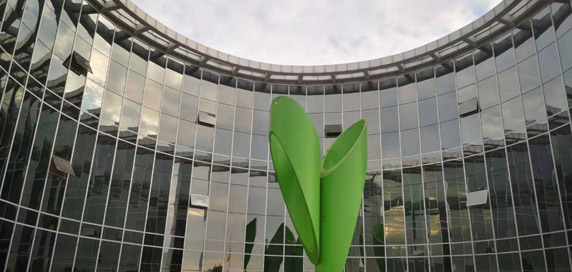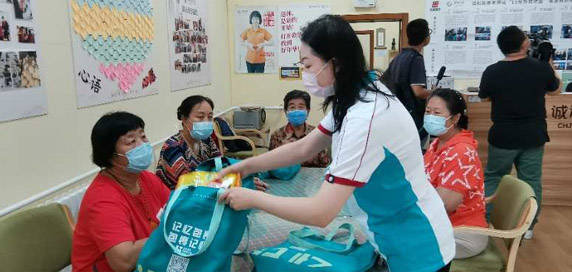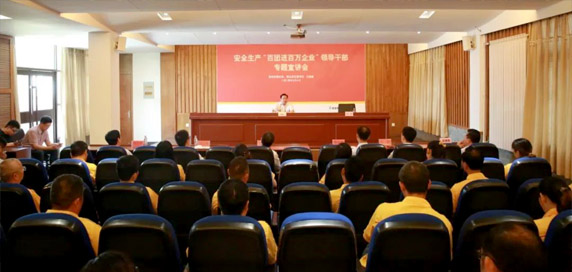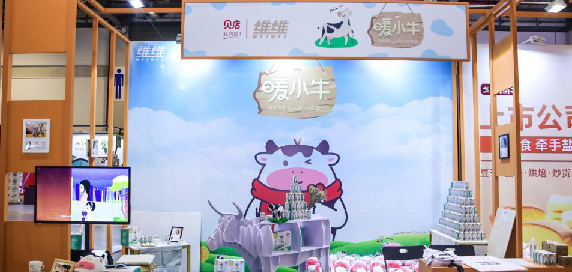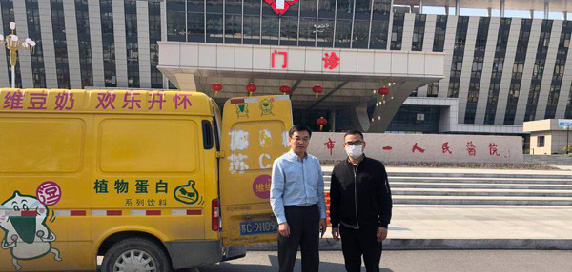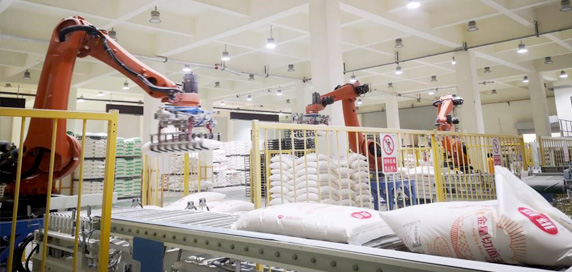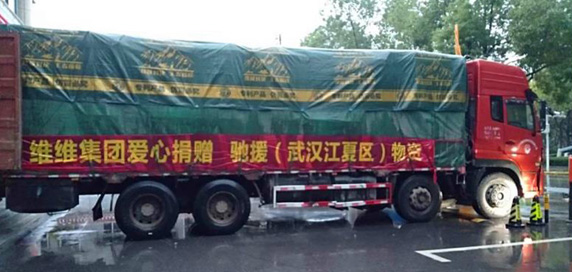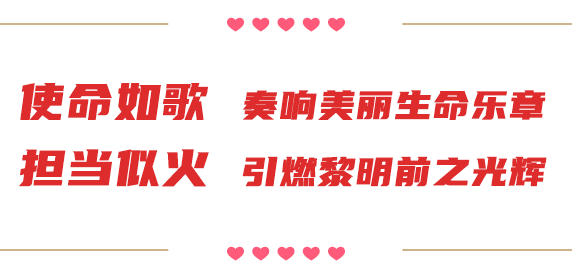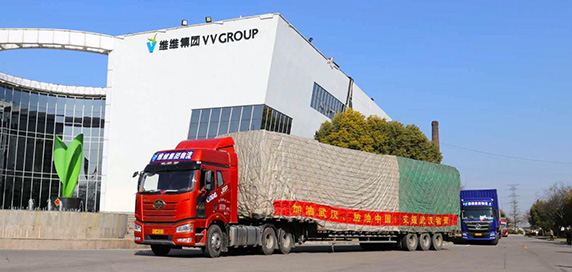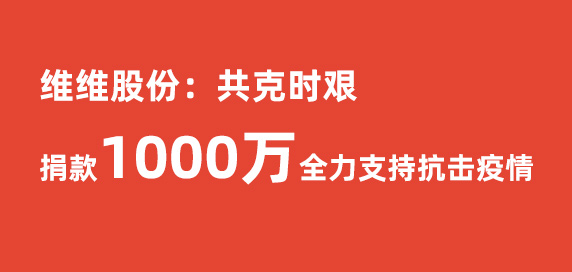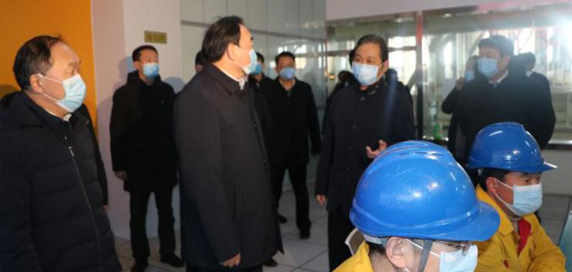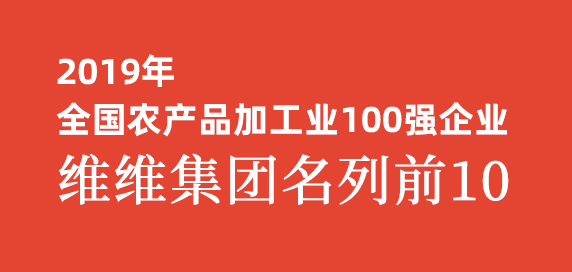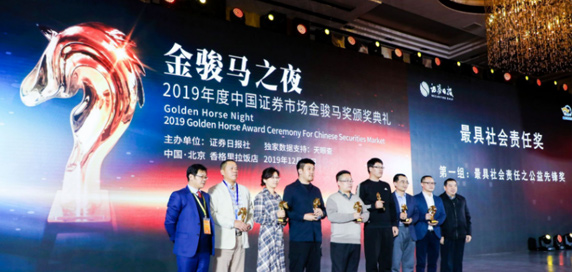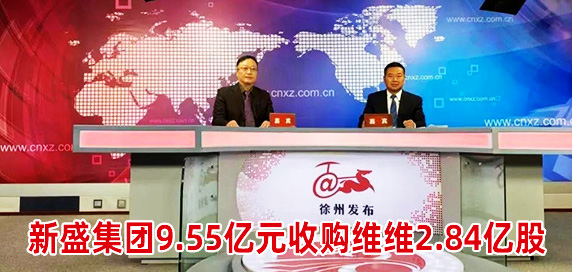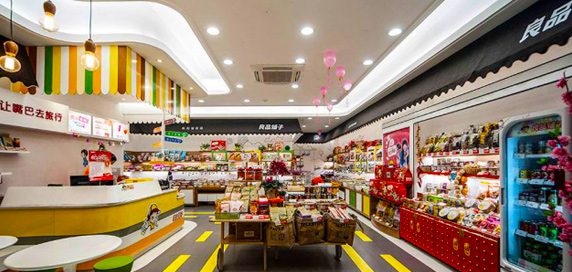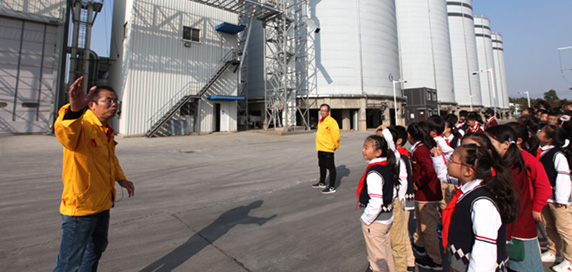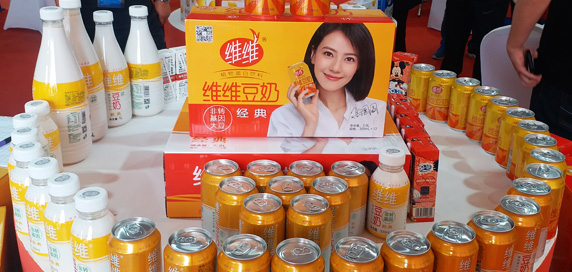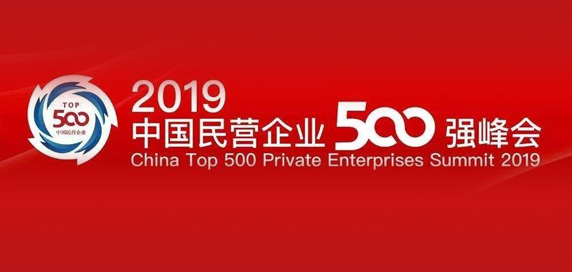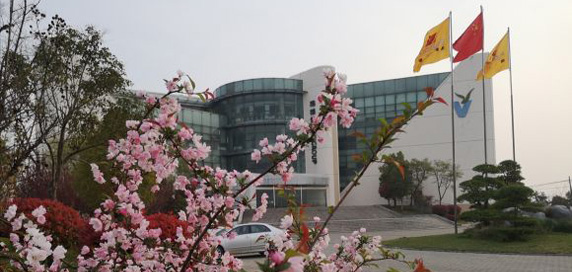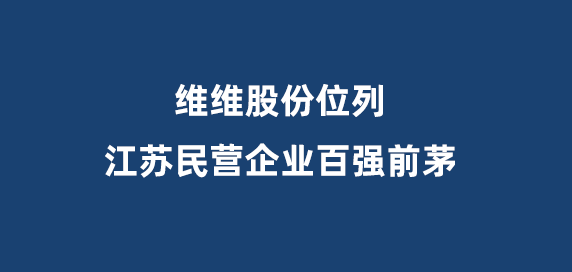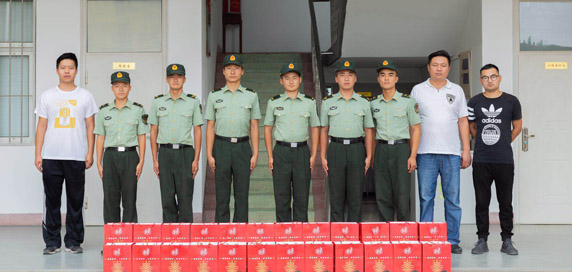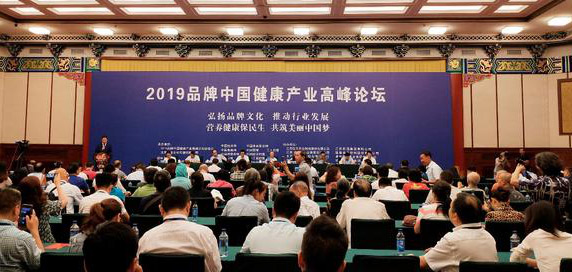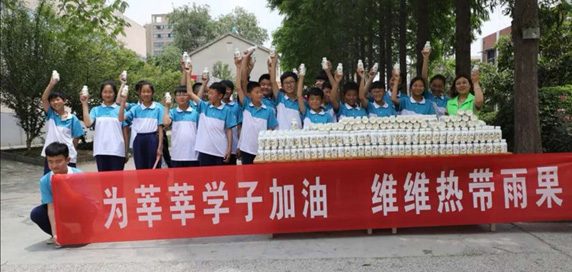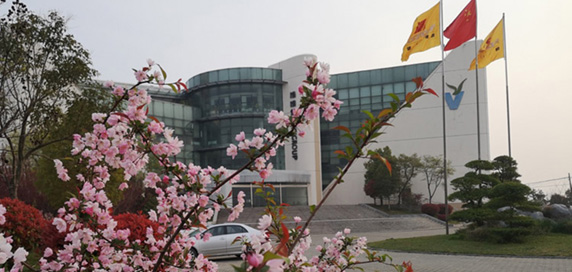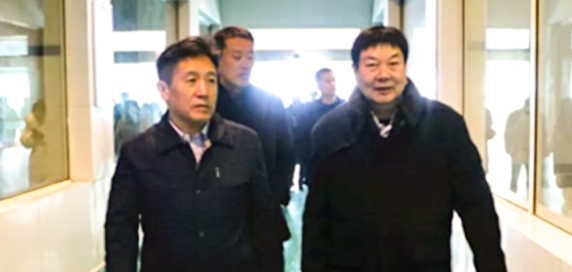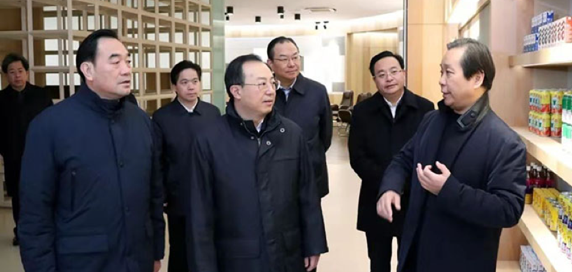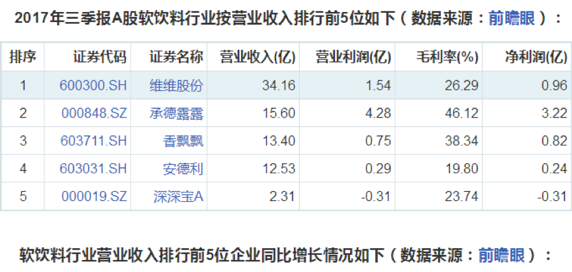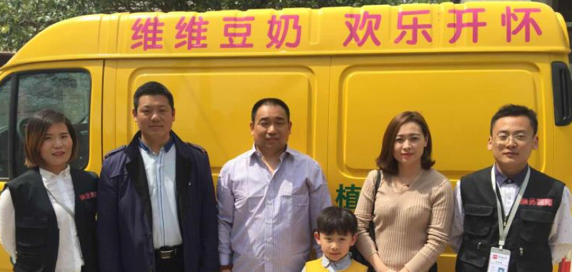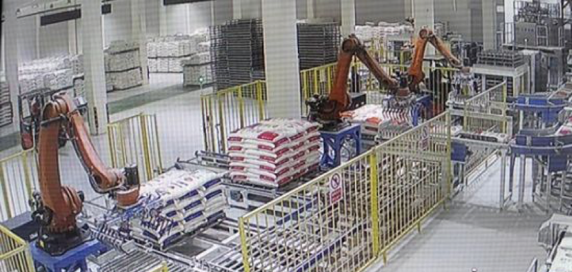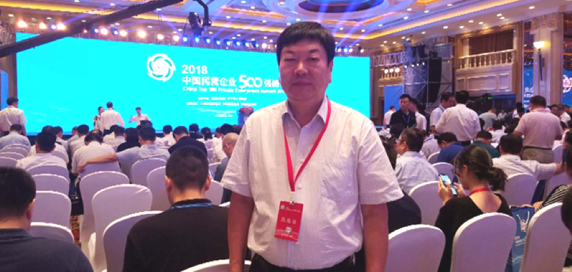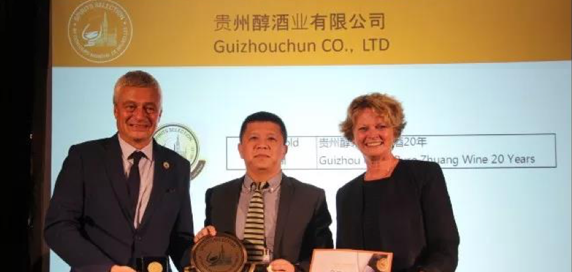Reported by Zhao Xueyi, Securities Daily, at 22:17 on August 6On August 6, VV (600300) announced the conclusion of Equity Transfer Agreement between the controlling shareholder VV Group and Xinsheng Investment Holding Group Co., Ltd. (hereinafter referred to as Xinsheng Group) affiliated to State-Owned Assets Supervision & Administration Commission of Xuzhou Municipal Government, according to which, VV Group planned to transfer its 284,240,000 shares of VV (17% of the total capital stock of the listed company) to Xinsheng Group. Upon the end of transfer, Xinsheng Group will become the first majority shareholder of VV, followed by VV Group whose shareholding ratio will decrease from 32.91% to 15.91%. Besides, VV will be no longer controlled by any actual controller.
It is said that Xinsheng Group is a large solely state-owned enterprise in Xuzhou, with registered capital of RMB 4 billion. The stock acquisition has been approved by the State-Owned Assets Supervision & Administration Commission of Xuzhou Municipal Government.
Analysts in the industry indicated that different from many private listed companies that had been reduced to bringing in “state-owned capital” by financial strain and even capital chain rupture, VV fulfilled the change in equity on the ground of its normal financial situation and safe pledge of stocks; in addition, as disclosed in the announcement, no new actual controller will arise out of the change in equity and the first and second majority shareholders will approximate each other in the number of stocks held and bear the same number of seats in the board of directors. Therefore VV's change in the ownership structure better agrees with a company’s consideration of introducing strategic investors of great significance to its development from the view of long-term strategy.
It is revealed that VV has kept stripping its assets in mining, real estate and wine among other industries and focused on its main business of “grain/food” instead. Grain is one of the “two drivers of development” to VV’s main business, where a VV pattern has taken shape in recent years. Thus beyond doubt, VV will give a priority to the grain industry in the future. And yet, the grain industry is unlike other industries, and it needs endorsement of state-owned capital.
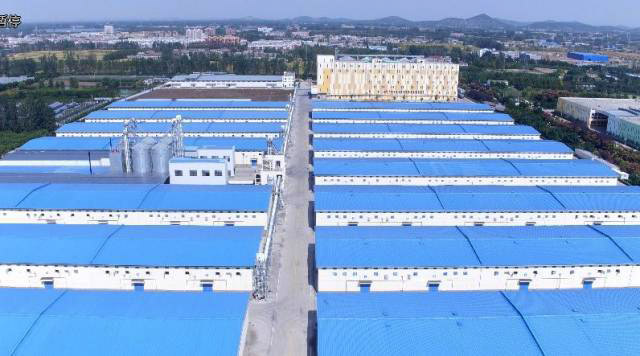
(VV Xuzhou Oil Logistics Industry Park)
VV Plans to Become a Leading Chinese Grain Enterprise with a “Hefty Investment” in Grain Industry
By making a state-owned enterprise act as a majority shareholder of VV, VV creates a win-win situation, where VV’s brand and market advantages and government's policy and resource advantages can complement each other. The move is of great strategic significance to VV's future development, grain business in particular,” said Cai Tian, the spokesman of VV, in an interview. According to Cai Tian, following “food”, grain is seen by VV as another priority in its development, where VV has built a considerable strength to this date.
Through data query, reporters from the Securities Daily learned that since 2015, VV has built modern grain purchasing, storage and processing bases in Xuzhou - the regional center of the Huaihai Economic Zone, Zhengyang in the south of Henan Province, Suihua and Jiamusi of Heilongjiang Province in succession, all of which are known as main producing areas of quality grain. So far, bases completed and put into use have possessed purchasing and storage capacity of 2.4 million tons and processing capacity of 2 million tons in total. As planned, VV will complete building purchasing and storage capacity of 3 million tons by the last year of the “13th Five-Year Plan”.
Relevant experts based grain business on purchasing, storage and distribution. In view of the global grain industry, all the leading grain enterprises started up their undertakings by grain purchasing, storage and distribution and have built a huge number of granaries and distribution centers around the world, based on which, they have reached out to the upstream and downstream to come to where they are today. China's state-owned grain enterprises, e.g., COFCO Corporation, have been booming in recent years, which is attributable to their background in the state-owned grain purchasing and storage system. Nowadays, the four grain purchasing and storage bases of VV have been completed, laying a solid foundation for its following development.
It is said that the four grain purchasing and storage bases invested and built by VV bear a great difference from granaries with the function of grain storage only, which were designed and built in the industrial cluster model integrating purchasing, storage, processing, distribution and trading and hence have a powerful processing capacity and complete distribution system. Besides, VV has taken the initiative to expand business cooperation with major grain consumers in China by providing a variety of grain products including primary processing ones since it began building its granaries. So far, it has established a close partnership with many big grain consumers including Yihai Kerry, COFCO Corporation, Sinograin, Beijing Grain Group, Shaanxi Grain Group, Fujian Provincial Fodder Company among others which put together to form a steady source of revenue. In addition, VV has brought its storage advantage into full play to steadily promote the publicity of its own brand products, “Liuchaosong” and “Tangwanghe”, to name a few. So far, “Liuchaosong”- a centurial flour brand of VV has dominated the flour market in the Huang-Huai-Hai Region kernelled by Xuzhou while “Tangwanghe”- quality rice made in Jiamusi Base, Heilongjiang, in Northeast China, has been launched nationwide. With regards to trading, VV has developed grain futures and spot trading with effort. Till July 2019, VV’s four granaries were rated soybean and maize delivery warehouses by Dalian Commodity Exchange in succession, building up VV's position in China’s grain futures market.
Regarding operating revenue, VV's grain business merely earned RMB 330 million in 2015; as purchasing, storage and processing bases were completed and put into use one after another, its operating revenue hit RMB 1.2 billion in 2016, multiplying that of the prior year; its operating revenue hit RMB 1.8 billion in 2017; and it earned RMB 2 billion from primary processing grain products in 2018.
Analysts spoke highly of VV’s well-defined strategic objectives and abundant reserves of talents in grain operation, which evolved into a prominent player in China’s grain industry in merely three or four years’ time while working well on its food business in the context that the national grain policies were not fully liberalized. However, China’s grain industry differs from other industries: it links “agriculture, rural areas and rural residents” and urban food consumption; it counts in both national grain safety and food safety. As a result, grain enterprises take a heavy social responsibility. However, private capital is still confined by policies for investment in grain industry. Private enterprises, e.g., VV, are deprived of the policy preference step by step after booming earlier. Instead, they are confronted with increasingly more policy and financial barriers, and thus they be inevitably hit a bottleneck. By introducing majority shareholders with state-owned capital background, they will have access to greater policy and financial room and get more resources in development.
Win-Win Progress for Enterprise and Government via Local State-owned Capital Endorsement
For a long time, VV has “deliberated” on introducing shareholders with state-owned capital background for development of its grain business.
In the strategic plan on the grain industry disclosed earlier, VV aimed to establish a tight partnership with such big state-owned grain enterprises as COFCO Corporation and Sinograin, which is seen as the foundation for its grain operation. And from where grain insiders stand, after arriving at a tight partnership with state-owned grain enterprises, VV is about to take its next move- capital cooperation. Unexpectedly but logically, VV brought in Xinsheng Group, the biggest state-owned enterprise in Xuzhou, as its state-owned shareholder ultimately.
The involvement of Xinsheng Group bears a close relation with the grain industry cluster plan targeting the Huaihai Economic Zone kernelled by Xuzhou, which VV has kept pushing forward. During National People's Congress and National Committee of the Chinese People's Political Consultative Conference in 2019, Cui Guiliang, Chairman of the Board of VV, advised in the proposal as a deputy to the National People's Congress: to include the Xuzhou-centered grain industry into Jiangsu’s provincial development strategy and build an international grain industry cluster by bringing the geographic advantage and grain source advantage of Xuzhou as a center city in the Huaihai Economic Zone into full play.
Cui Guiliang, a former grain professional, said in an interview, China is short of influential international grain enterprises at the moment despite of being the world’s biggest grain producer, importer and consumer; only if influential international grain enterprises emerge one after another will China’s grain industry realize healthy development. In spite of some progress made by VV in its exploration in the grain industry, VV is far from creating a 100-billion-level grain industry cluster where Chinese grain enterprises with global influence will emerge. For that end, other quality brand enterprises need to get involved, under the instruction of government or state-owned capital and financial support.
Based on the advantage of grain resources in China's major quality wheat producing areas, the big plan known as “VV model” in the industry is required of coordinating and mobilizing resources in all respects including government, policy and finance among others, which, evidently, cannot be fulfilled by one private enterprise alone. And now this plan is expected to have greater odds of being successfully implemented due to the immediate involvement of Xinsheng Group- the biggest investment platform of State-Owned Assets Supervision & Administration Commission of Xuzhou Municipal Government.
Seen through the lens of local government, Xuzhou is certified by the State Council as a central city in the Huaihai Economic Zone, which, as a leading city, needs to develop a leading industry. The state-owned capital takes an active part in VV’s mixed-ownership system reform in the context that the grain industry is included into the government's development strategy. The government-enterprise combination is bound to develop and strengthen VV and give a powerful support to Xuzhou as a regional center, where the government and enterprise complement each other.
Edited by: Sun Qian




